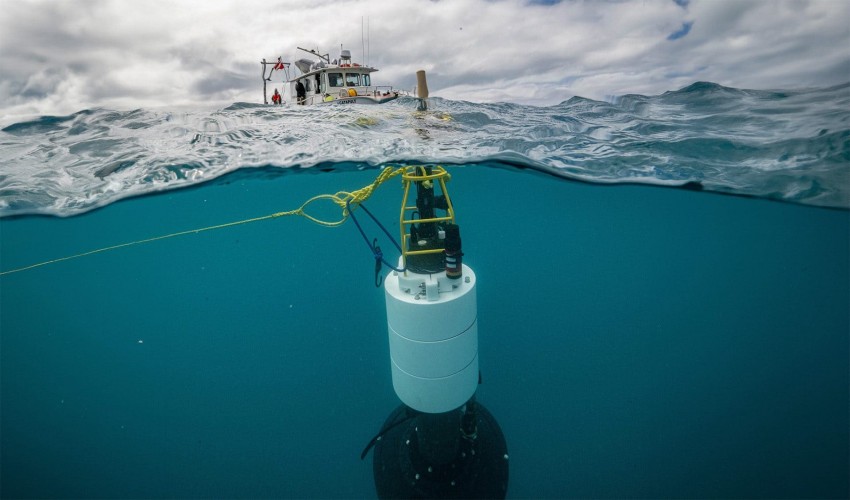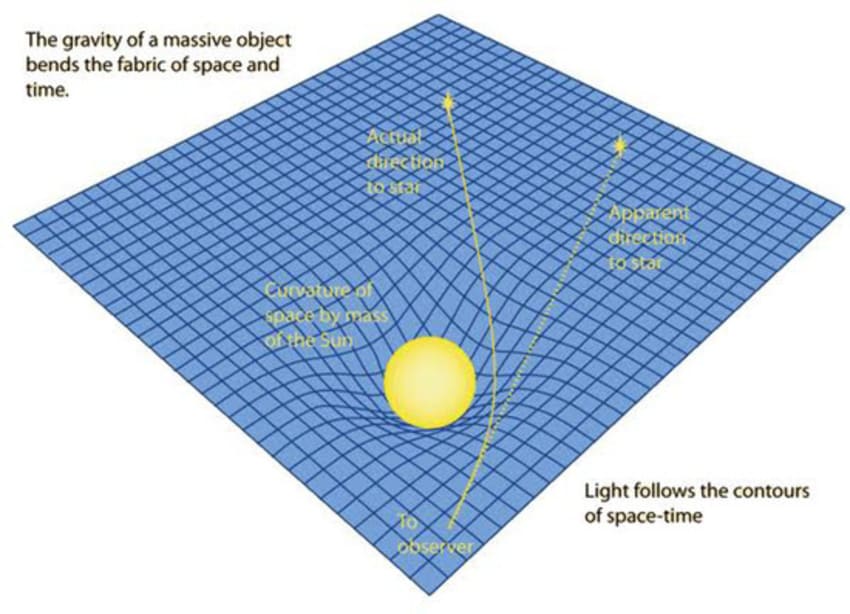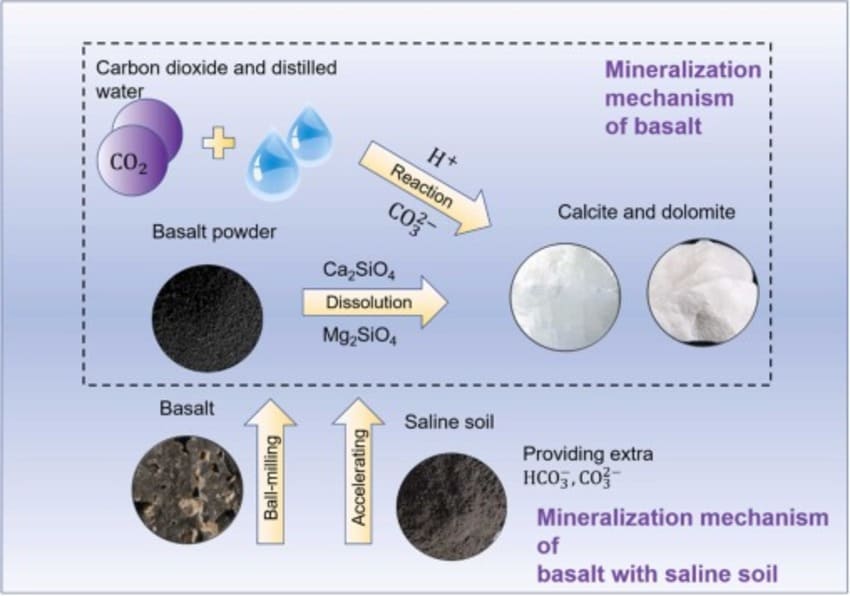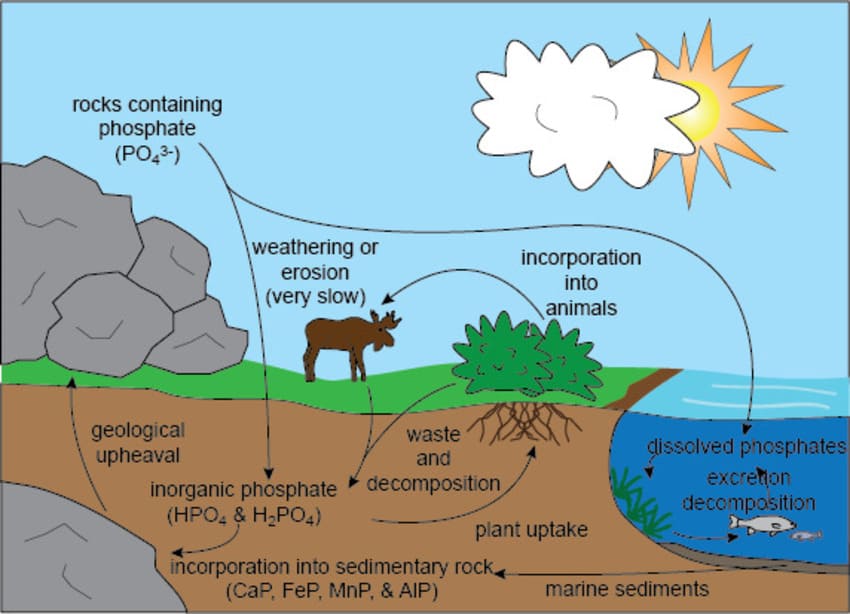Modern physics
7
Oceanic Mucus Impact on Marine Snow Sinking Speed and Climate Implications
- Rating
- Ocean Mucus
- Marine Snow
- Climate Change
- Carbon Sequestration
- Phytoplankton
- Fluid Dynamics
- Oceanic Carbon Cycle
Summary:
Researchers discover that mucus surrounding marine snow particles significantly slows their descent in the ocean, impacting carbon sequestration rates and offering crucial data for refining climate change models.
Description:
Oceanic Detritus and Mucus:
- The ocean contains small particles known as marine snow, comprising both living and dead matter.
- This includes phytoplankton, decaying organic matter, and other microscopic sea life.
- Each particle is coated in a type of mucus, invisible to the naked eye.
Properties of Mucus:
- The mucus is a viscoelastic fluid, with both liquid and elastic characteristics.
- It affects how these particles move through the water, particularly their sinking speed.
Challenges in Studying Marine Snow:
- Observing these particles in their natural ocean environment is difficult due to their rapid descent.
- Laboratory studies often don't replicate natural conditions accurately.
Innovative Research Approach:
- Researchers conducted studies directly in the ocean to observe these particles more accurately.
- They used a specialized device to continuously monitor the sinking particles.
The Gravity Machine:
- This device functions like a rotating wheel, keeping the particle in view for extended observation.
- It compensates for the movement of the ship and allows for prolonged study of individual particles.
Observations of Fluid Flow:
- Small beads added to the fluid revealed how the water flows around these sinking particles.
- This flow indicated the presence of mucus, forming a comet tail-like shape around the particles.
Impact of Mucus on Sinking Speed:
- The presence of mucus significantly slows the descent of these particles.
- It can reduce their sinking speed by up to half, compared to particles without mucus.
Implications for Carbon Sequestration:
- Slower sinking speeds affect how carbon is stored in the ocean.
- Phytoplankton absorb carbon dioxide, and when they die and form marine snow, they take this carbon with them.
- If these particles reach the ocean floor, they can store carbon for extended periods.
Role in Climate Models:
- Understanding these sinking speeds is crucial for climate modeling.
- The ocean plays a significant role in the global carbon cycle.
- Current models may need refinement to incorporate the impact of mucus.
Significance of the Findings:
- These findings underscore the importance of small-scale oceanic phenomena in understanding global climate systems.
- It highlights the complex interactions between oceanic processes and the Earth's climate.
This research sheds light on the intricate and often overlooked aspects of marine biology and their broader impact on climate science. The microscopic world of ocean mucus, while seemingly insignificant, plays a pivotal role in the grander scale of Earth's environmental dynamics.
CITATIONS
- R. Chajwa. Mucus comet tails in marine snow. 76th Annual Meeting of the Division of Fluid Dynamics, Washington, D.C., November 19, 2023.
Leave a Reply
Your email address will not be published. Required fields are marked *


